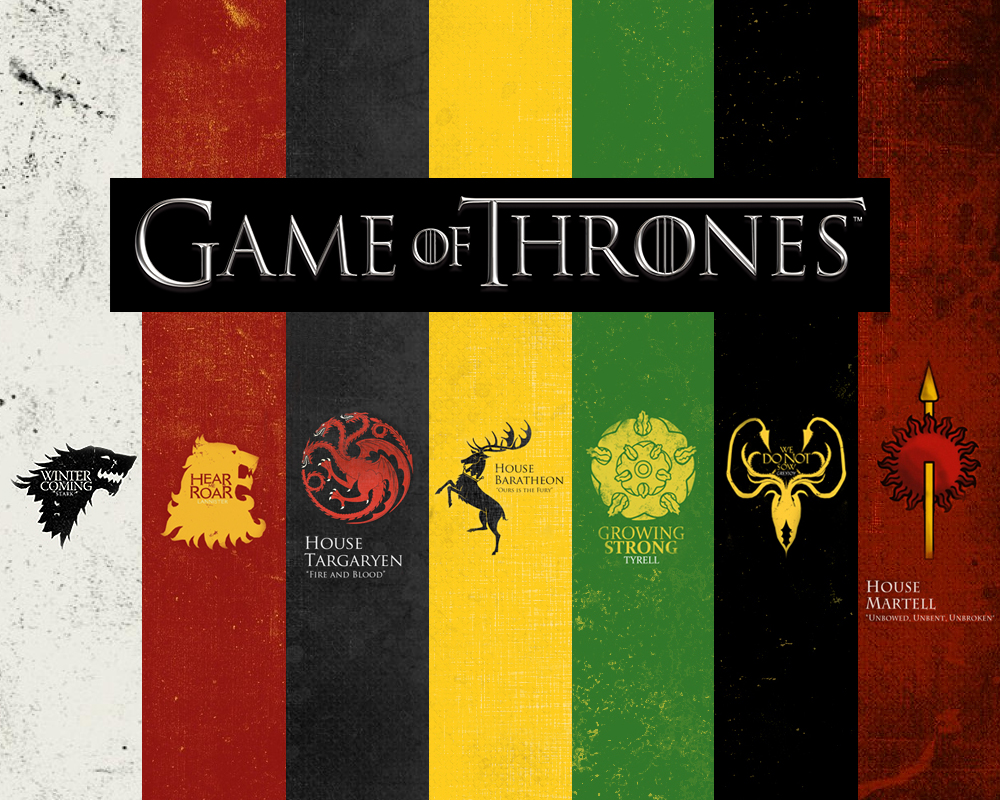“Our role as historians—whether we hold academic degrees in history or learned to practice public history on the job—ought to be encouraging greater, more thoughtful participation in historiography regardless of medium.”
I thought this quote really embodies what it means to expand our horizons using digital history. Though, as the article talks about, digital history can make for perpetuation of some inaccurate or narrowly researched conclusions about history, there are a lot of ways that academic historians can contribute to the good of the field by engaging with this public telling of history. Madsen-Brooks discusses that one possible benefit of this possibility for connection between academic and popular history is understanding the context historians can begin to understand about how history is consumed in the digital age, which can better inform their work and the way historical media is created to be effectively shared with a general public audience. Encouraging doing history across (and between) all platforms, or as the author says, acting as a “guide on the side” rather than a “sage on the stage”, allows a more meaningful connection to be made between history, those who study history professionally, and those in the general public who consume and historical media.
“Even when a narrative is on shaky factual ground, we can learn about the writer’s—and possibly the audience’s—beliefs, habits, and values, which can also be useful to historians seeking to understand a cultural moment.”
This quote, which I kind of touched on in analyzing the first quote, made me wonder: Why is there such a divide between scholarly history and the popular history that is often not thoroughly researched? It seems like the best way to really improve the field of history (and teach important lessons through history) is to engage with narratives that don’t fall into the academic realm. In an age with such widespread access to the types of historical sources used by scholars in creating meaningful historical research, it seems like it would be more in line with the goals of doing and teaching history to engage with inaccurate historical media and teach methods for digging deeper, rather than sticking to discussion among fellow academics and dismissing “shaky” history.
“These digital tools and resources are not only democratizing historical practice but also providing professional historians with new opportunities and modes for expanding historical literacy.”
I think the idea of “democratizing historical practice” is worth further exploration, especially in regards to the first two quotes I selected from this reading. The public has all of these historical materials at their fingertips, and one new duty of the field of academic history is not just to disseminate historical information to the public, but to teach the public how to properly approach the wealth of historical knowledge that comes with this democratization of historical practice. This is just another part of historians engaging with the public instead of remaining isolated in discourse with only other academic historians. In order to promote historical analysis unlike what this article makes an example of with the black confederate soldiers argument, historians should be contributing to the conversation around analytical mishaps like this one.
